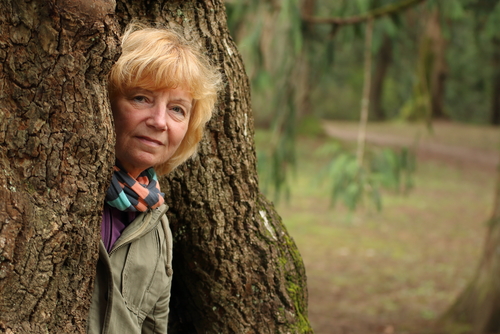New research reveals these common conditions can be more deadly than cancer

Traditionally, if you didn’t have a terminal illness or have good physical health, you’d be categorised as healthy.
But recently, a new study has revealed that the ‘hidden killers’ that could send you to an early grave are broken bones, loneliness, hearing loss and a lack of smell – which could matter more to your well-being and risk of death than cancer and high blood pressure.
“In order to see the picture of health, you need to look at them together,” said lead author Martha McClintock, of The University of Chicago, who was part of the research team who adapted the medical model to create what they call the comprehensive model.
The comprehensive model, which includes medical, physical, psychological, functional and sensory factors, identified two groups left out of the medical model: people with poor mental health, and those with healed bones that were broken after age 45.
They found that between 14 and 19 percent of people in those groups would likely pass away within five years, compared to 6 to 16 percent of people in generally good health, and this was not predicted by the traditional medical group.
The newer model also showed that although obesity in older people without other health issues appears to confer little risk, the same is not true for people with other conditions like diabetes and poor mental health.
What surprising in the new report by the Proceedings of the National Academy of Science is that diagnoses like cancer and high blood pressure, and behaviours like smoking, might not always have as big an impact than – mental health and sensory issues.

But McClintock said that this doesn’t mean that cancer, high blood pressure and smoking aren’t important, but factors like loneliness and poor hearing were better predictors of being dead or incapacitated within five years.
She said the findings challenge the idea of chronological ageing, when people progress from stage 1 to stage 2 and so on. Instead, she said, ageing is more like a water system.
“I think of it as we’re going down a river as we age,” said McClintock to Reuters. “When we’re young adults or middle aged, we’re pretty much in the same boat, but then with ageing the stream splits up (and) we start zigging and zagging on different pathways.”
Her team is working to confirm these findings among Baby Boomers but in the meantime, she said, older people can use this knowledge to find a healthcare team trained to think of health as constellations of conditions.
They should tell their doctors about more than just their physical health, she advises, and should visit an audiologist and get a home safety study done. They can also become more socially active by joining community groups.








 Proudly Australian owned and operated
Proudly Australian owned and operated